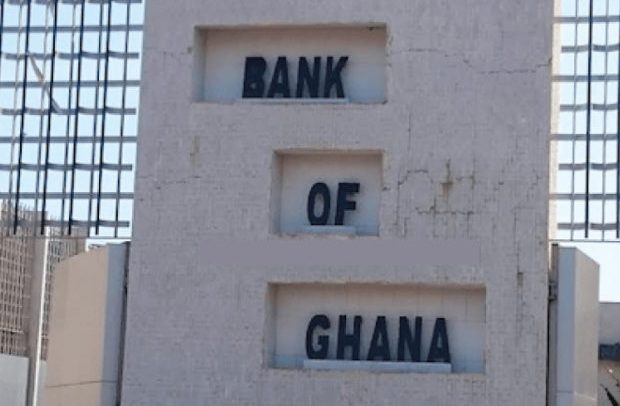The Governor of the Bank of Ghana (BoG), Dr Ernest Addison, believes the elevated levels of inflation across advanced countries and emerging markets as well as developing countries has triggered swift and coordinated rollback of the Covid-related accommodative policies that provided liquidity injections to the economy.
According to him, many central banks have begun tightening of their monetary policy stance in order to rein in inflation.
In a statement read on his behalf at a sensitization workshop for journalists on Friday June 10, Dr Addison said “The rising interest rates, especially in advanced economies, and strengthening of the US dollar have led to tighter global financing conditions, leading to capital flow reversals and currency pressures in emerging and frontier economies with less buffers, including Ghana.
“Since Ghana is a market access country, the tightening of global financing conditions, together with fiscal policy challenges, led to widening of the country’s sovereign spreads and increased the costs and risks associated with accessing international financial capital markets, resulting in a defacto closure of the international markets to Ghana.”
He further explained the foreign exchange market responded to these events and also witnessed some sharp volatility in the first quarter of 2022, with the local currency depreciating by about 15.6 percent against the US dollar in March 2022.
These developments he said occasioned strong and coordinated monetary and fiscal policy measures in Ghana, including a hike in the policy rate by 250 basis points to 17.5 percent in March 2022, along with the reversal of the Covid-related macro prudential regulatory relief measures, and the Government’s announced 20 percent cut in expenditures as well as an additional 10 percent cut in discretionary spending to support the fiscal consolidation process.
The Government further announced a syndicated arrangement of US$2 billion in line with approved external financing for 2022 and for liability management. These measures, in concert, are expected to help regain macroeconomic stability and boost investor confidence in the domestic economy.
“On top of this, the Bank of Ghana extended the forex forward auctions to include the Bulk Oil Distributing Companies (BDCs) as part of the
measures taken by the Bank to address the FX liquidity within the local petroleum sector, minimize the uncertainty of future FX availability and aid price discovery, especially for the general pricing window within the downstream sector.
“This strategy has contributed to the relative stability observed on the forex market and, with some normalization underway, the trend is expected to continue until the local currency returns to its fundamental equilibrium level.
“Data from the Ghana Statistical Service showed that the economy has rebounded strongly from the impact of the Covid-19 pandemic, stemming largely from all the policy measures that were put in place to forestall a recession,” Dr Addison said.
He added this is evidenced by the strong real GDP growth outturn of 5.4 percent reported for 2021, compared with 0.5 percent in 2020. Non-oil GDP grew at a stronger pace by 6.9 percent in 2021, significantly up from 1 percent in 2020.
The strong pick-up in economic activity was largely driven by the services and agriculture sectors. Though these developments point to a robust economy, downside risks remain, including tightening external financing conditions, lingering supply chain bottlenecks and further headwinds from a protracted Russia-Ukraine war.
By Vincent Kubi


